Main Sympathy vs. Empathy Takeaways
- Empathy and sympathy are similar but mean different things.
- Both words come from the Greek root “pathos,” meaning feeling or suffering. The difference between these words is how a person feels or suffers.
- Empathy is the ability to put yourself in another person’s shoes. This allows you to understand the feelings of others as if they were yours.
- Sympathy indicates feeling bad for someone even if you can’t understand what they’re going through. This allows you to recognize the feelings of others but not understand them as if they were yours.
- Empathy is a stronger, deeper emotion vs. sympathy.
- There are three types of empathy: cognitive, emotional, and compassionate.
Some people tend to use sympathy and empathy interchangeably. But, do these two words mean the same thing? Are they synonymous with each other? In this post, we will define what empathy and sympathy are, plus give you some helpful tips on how to use them properly.
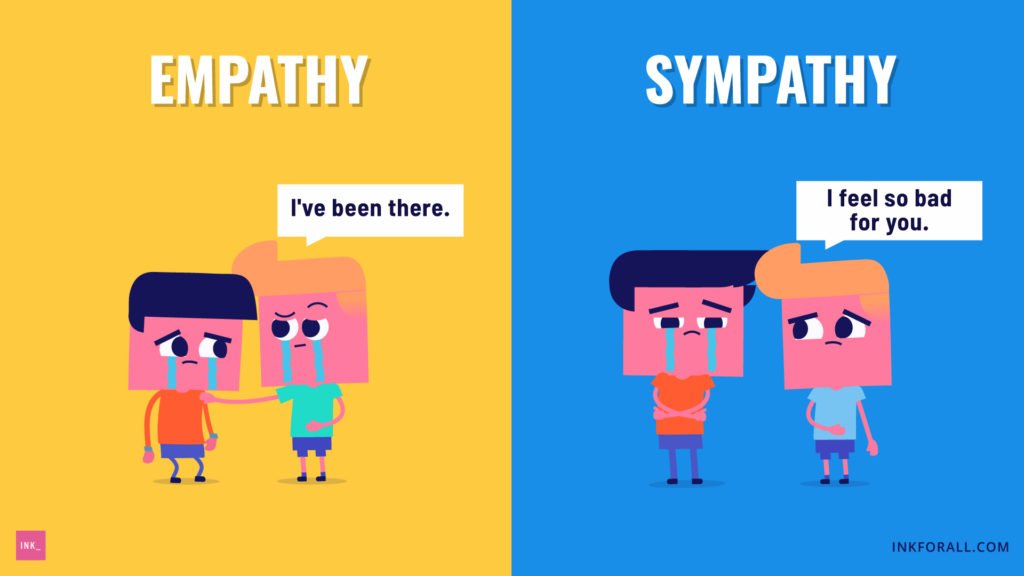

What is Sympathy?
The Merriam-Webster dictionary defines sympathy as an “affinity, association, or relationship between persons or things wherein whatever affects one similarly affects the other”. In layman’s terms, sympathy is the sorrow that you feel for someone when something unfortunate has happened to them. During this situation, we tend to say sympathetic words like the following:
What is Empathy?
Empathy, on the other hand, is defined as “the action of understanding, being aware of, being sensitive to, and vicariously experiencing the feelings, thoughts, and experience of another of either the past or present without having the feelings, thoughts, and experience fully communicated in an objectively explicit manner”. Simply put, empathy refers to your ability to relate to someone else’s suffering as if you’ve experienced it yourself. Here are some examples of empathic statements:
How Empathy is Different From Sympathy?
The difference between sympathy and empathy is a slight but important one. Both sympathy and empathy come from the Greek word “pathos,” which means suffering or feeling. As such, both refer to being able to take part in another’s feelings. With sympathy, the relationship between your feelings and another’s isn’t equal. You might feel sorrow for someone, but you don’t personally understanding their feelings or haven’t had the same experience. However, with empathy, the relationship is equal. You understand another’s feelings as if they were yours.
Empathy involves all those bummer feelings too, but there is also a thing called positive empathy. This concept is newer and largely undefined but can mean understanding and sharing in more positive emotions like joy and happiness.
Phrases That Show You Empathize With Someone:
- I’ve felt that way before
- I know exactly what you mean
- I totally get you
- I’ve been there
- I know exactly how you feel
- I know from experience
- The same thing happened to me
- I had a similar experience
- I know what you’re going through
- I feel you
Phrases That Show You Sympathize With Someone:
- I’m so sorry
- I’m sorry for your loss
- I can’t imagine what you must be going through
- That’s so terrible
- I’m sorry this happened to you
- I’m sorry that you feel this way
- I really feel bad for you
- I’m sorry for you
- You have my sympathy
- Empathy means you understand what someone else is going through, often feeling it like your own experience.
- Sympathy means you feel bad for what someone else is feeling, but you can’t personally identify with the experience.
Sympathy vs. Empathy: How to Remember the Difference
Here are three easy ways to help you remember the difference between sympathy and empathy:
Trick #1: Look at the Prefix
On one hand, the prefix em– means “to cause” or “to put into.” In this way, you can think of empathy as causing you to put yourself into someone else’s shoes.
On the other hand, the prefix sym- comes from the ancient Greek word for “together”. In this way, you can think of sympathy as feeling something together, but without putting yourself into the person’s shoes.
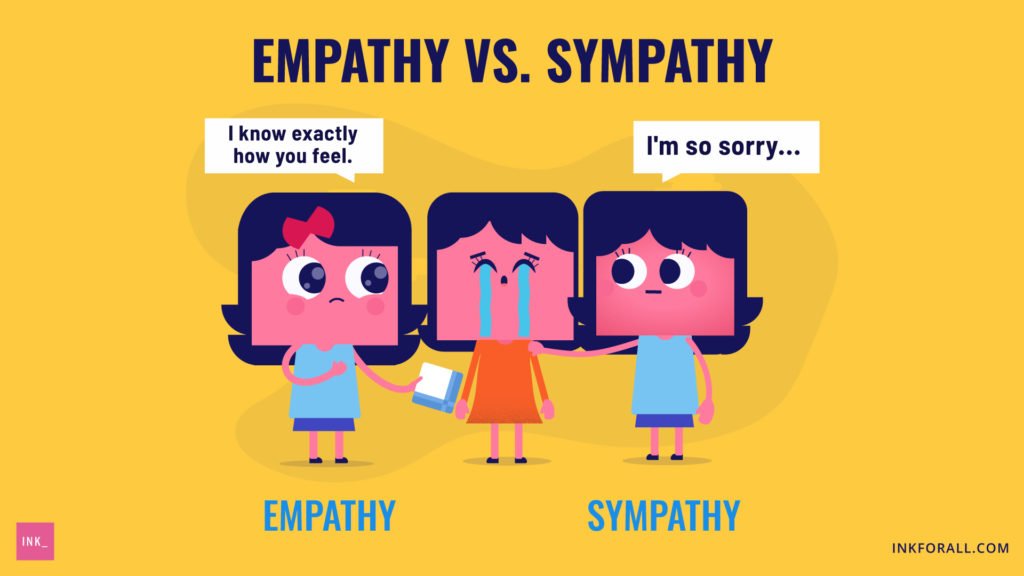

Trick #2: Look at Which Letter Comes First in the Alphabet
The letter ‘e’ comes before the letter ‘s’ in the English language alphabet.
For this reason, assign the number 1 to the word empathy. Similarly, assign the number 2 to sympathy.
Remember that empathizing with someone is like sharing an experience with them. In this way, your feelings and the other person’s feelings are one and the same.
On the other hand, you can remember that sympathizing with someone is not a shared experience. There is a sense of togetherness in that you recognize another’s feelings, but there is a division between your feelings and the other person’s. In this way, your feelings are two separate experiences.
Trick #3: Equality Test
Associate Sympathy With an Unequal Relationship
When you sympathize with someone, you recognize that the person feels a certain way, but you don’t truly understand what they are going through.
For example, you may hurt for someone who has lost their child, but because you’ve never experienced that loss you can’t truly understand the pain.
As a result, sympathy isn’t a shared experience. You feel an emotion about the way someone else feels instead of sharing in the same emotion. Therefore, sympathy creates an unequal relationship
Associate Empathy With an Equal Relationship
When you empathize with someone, you do more than just recognize an emotion in someone else; you feel that emotion as if it were your own.
For instance, if your friend fails the same exam you failed last semester, you might be empathetic.
Therefore, empathy is a shared experience. Quite often, empathetic bonds like friendship are born out of shared experiences. Think of it as having the same experience as someone else but at a different time.
What is a Good Example of Empathy?
A good example of empathy is to imagine that you’re seated on a packed bus and you see a stranger board. The stranger has a broken leg and crutches. You feel sorry for the stranger’s pain and hardship, so you sympathize. But, you don’t stop there. The stranger reminds you of breaking your leg as a kid. You remember how difficult it was to take the bus with your belongings and crutches, so you also empathize with this stranger. You offer your seat to the hurt stranger and help him get situated. These are choices born out of empathy.
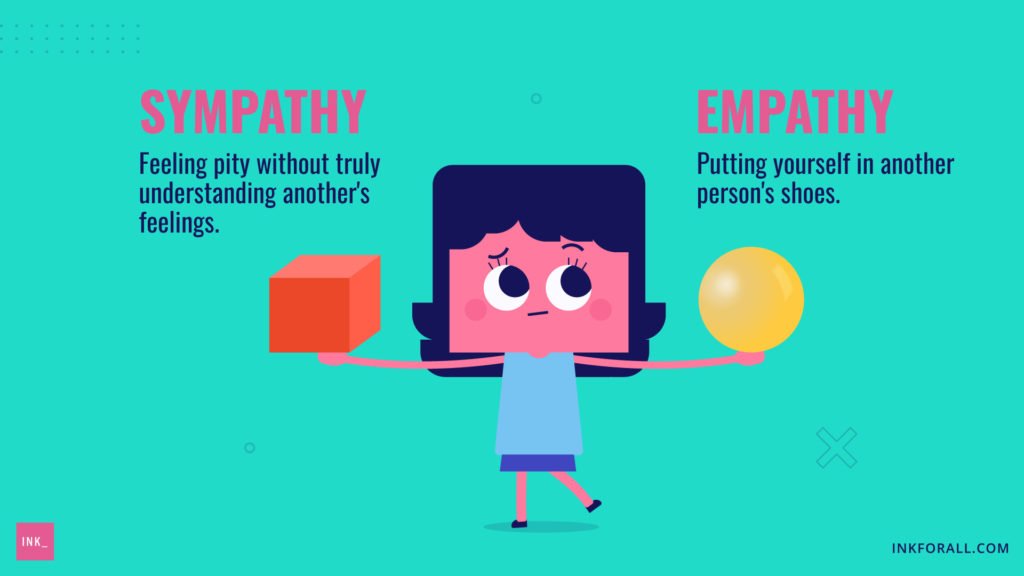

There are so many wonderful examples of empathy in the world. Though they may stem from loss, sadness, anger, or depression, empathetic acts and feelings are what makes the world go round.
History of Empathy and Sympathy
Part of the confusion stems from the shared root. Sympathy showed up in our shared lexicon first, likely in the 1500s. Back then, it meant to agree or be in harmony with other things or people. Obviously, the definition of sympathy has evolved a bit, but more on that in a second.
Empathy is much newer, first appearing in the late 1800s. At that time, it was primarily a psychological term. People who empathized were projecting their own feelings onto someone or something else. Again, not the same definition we use today.
Today, empathy is used to describe our ability to understand other’s feelings like we were experiencing them ourselves. Usually, this means we’ve experienced the same feelings or situation before. The second party identifies with and feels similar to the first.
With sympathy, you feel bad for someone else without necessarily understanding what they’re going through.
What are the 3 Types of Empathy?
According to experts, there are three types of empathy. Cognitive empathy deals with understanding how someone else may be thinking. Cognitive empathy is useful in everyday interpersonal communication but may be especially powerful in professional scenarios. Emotional empathy is all about feelings. If someone is grieving and you can almost physically feel their sorrow, that’s emotional empathy. Finally, there is compassionate empathy. This type of empathy, also known as empathic concern, is so moving it can drive someone to action. Not only do compassionate empathizers understand others’ feelings, but they also want to help.
- Cognitive: How is someone else thinking?
- Emotional: How is someone else feeling?
- Compassionate: How can I help someone else?
Is Empathy or Sympathy Better?
Empathy is a stronger emotion, but that doesn’t automatically make it better than sympathy. The question is really which is better for a given situation. Sympathy recognizes another person’s suffering, but it stops there. Empathy goes further by sharing in another’s experience. The ability to feel someone’s pain, disappointment, and fear is intense. Sympathy is just as important even though it’s less intense.
Sympathy or empathy isn’t a choice, it simply depends on your experiences.
For example, if you haven’t had the same experience as someone else, you can sympathize. Conversely, if you have had the same experience or are able to put yourself in the person’s shoes, you can empathize.
Finding ways to understand the pain of others is important. Drawing on your own experiences makes those feelings even more potent. In writing, inspiring empathy in your readers strengthens your text and makes your characters and scenarios more relatable.
Can You Have Empathy Without Sympathy?
You can have empathy without sympathy, but those feelings can have some negative consequences. Ideally, empathy and sympathy go hand in hand. If you have empathy without sympathy, that could mean you understand someone’s pain but don’t particularly care that they’re suffering. A manipulative person could empathize with a friend’s loss but then use that grief for nefarious purposes. If the manipulator also had sympathy, they’d be less likely to lack compassion.
Of course, there are exceptions this rule. Why? Feelings are complicated! Almost as complicated as grammar. ?
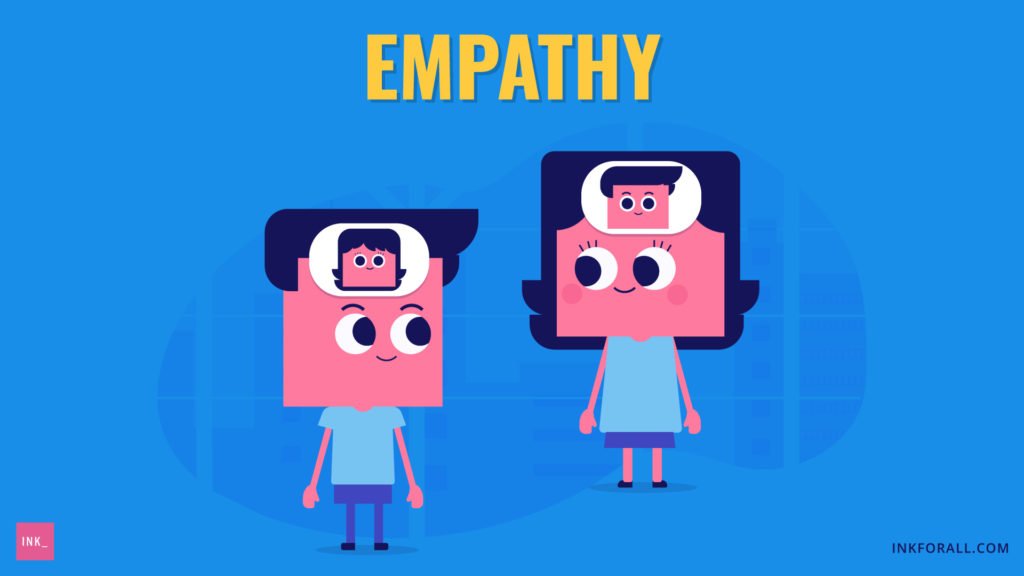

Can You Feel Sympathy Without Empathy?
In short: Absolutely. Sympathy and empathy don’t always coexist. If you feel sorry for someone who’s going through a rough patch but can’t fully understand their struggle, that’s sympathy. You may even want to be empathetic. But because you’re never had the same experience, you can only have sympathy. This isn’t a bad thing. It’s just the nature of the relationship between emotions and experiences. Sympathy vs. empathy isn’t always a battle.
Why is Sympathy a Bad Thing?
Whether or not sympathy is a terrible thing is up for debate. Most people who view sympathy as a negative believe that it could hurt the receiver more than the giver.
For instance, author and philosopher Criss Jami once wrote:
Like crying wolf, if you keep looking for sympathy as a justification for your actions, you will someday be left standing alone when you really need help.
Sometimes, sympathy could make someone abdicate responsibility for getting out of an unpleasant situation.
On the flip side, someone who gives too much sympathy could potentially endanger their own well-being. Spend too much time feeling bad for other people and you may find yourself acquiring a negative worldview.
Still, balance is essential. A total lack of sympathy can destroy relationships and make you seem like a very selfish person in the process.
More Sympathy vs. Empathy Examples
Here are examples of how to correctly use empathy and sympathy in a sentence:
The words empathy and sympathy are often used interchangeably. Though these terms are commonly confused, they don’t mean the same thing. That’s our deep dive into sympathy vs. empathy and how you can best express your feelings while mastering grammar. Are you confident you know the difference?
Take This Quick Test About Sympathy vs. Empathy
Sympathy and Empathy Question #1
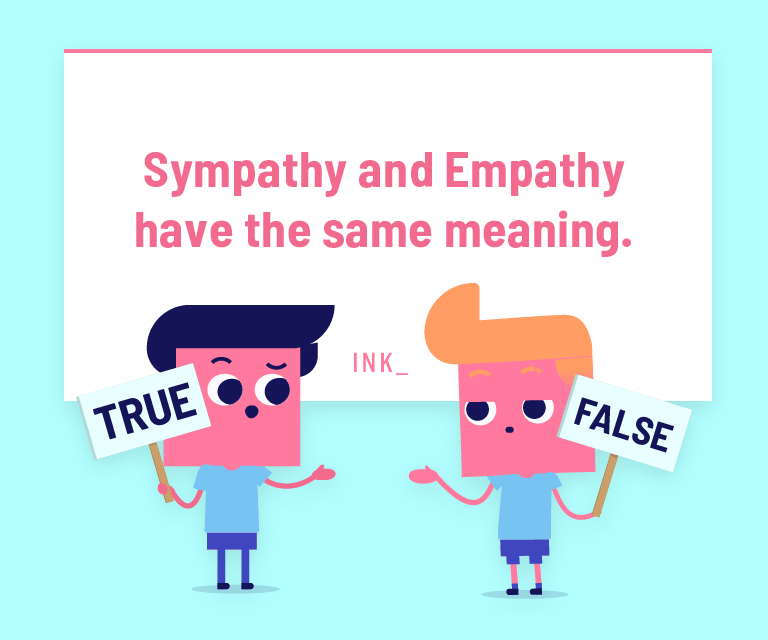

The answer is FALSE. Empathy describes our ability to understand the feelings of others like we were experiencing them ourselves. Meanwhile, sympathy means feeling bad for someone else without necessarily understanding what they’re going through.
Empathy Question #2
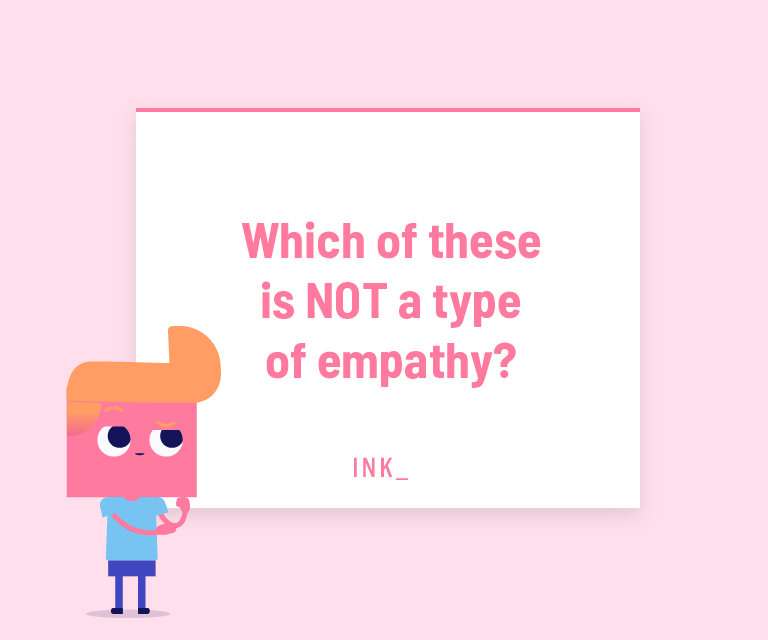

The answer is C. According to experts, there are three types of empathy — cognitive empathy, emotional empathy, and compassionate empathy.
Empathy vs Sympathy Question #3


The answer is B. Sympathy is linked with emotions such as sadness, anxiety, fear, and disappointment.
Empathy and Sympathy Question #4
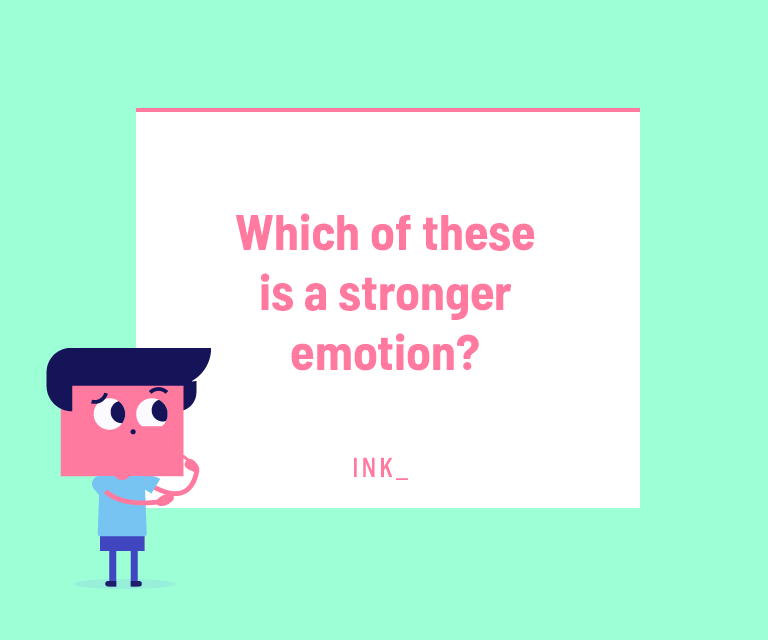

The answer is A. Most people agree that empathy is a stronger emotion.
Sympathy vs Empathy Question #5


The answer is B. Sympathy means feeling bad for someone else without necessarily understanding what they’re going through.
Sympathy or Empathy Question #6
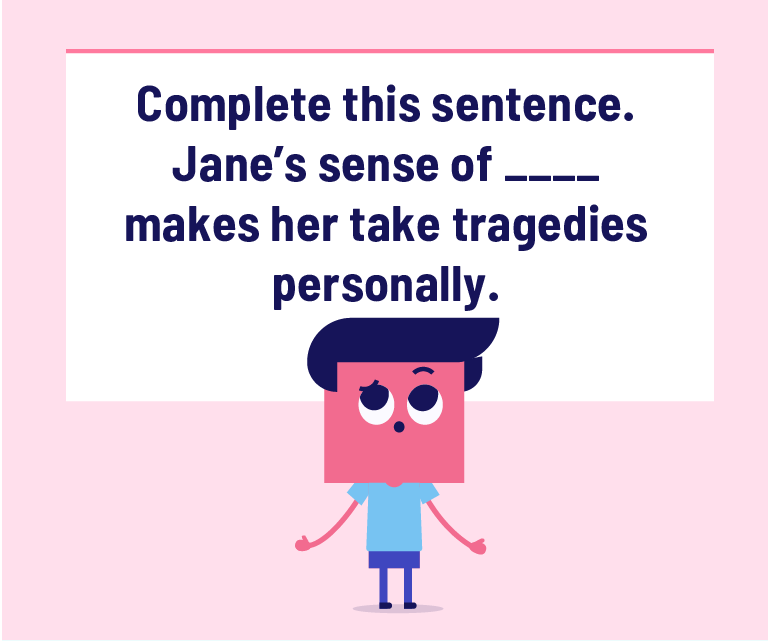

The answer is A. Empathy describes our ability to understand the feelings of others like we were experiencing them ourselves.


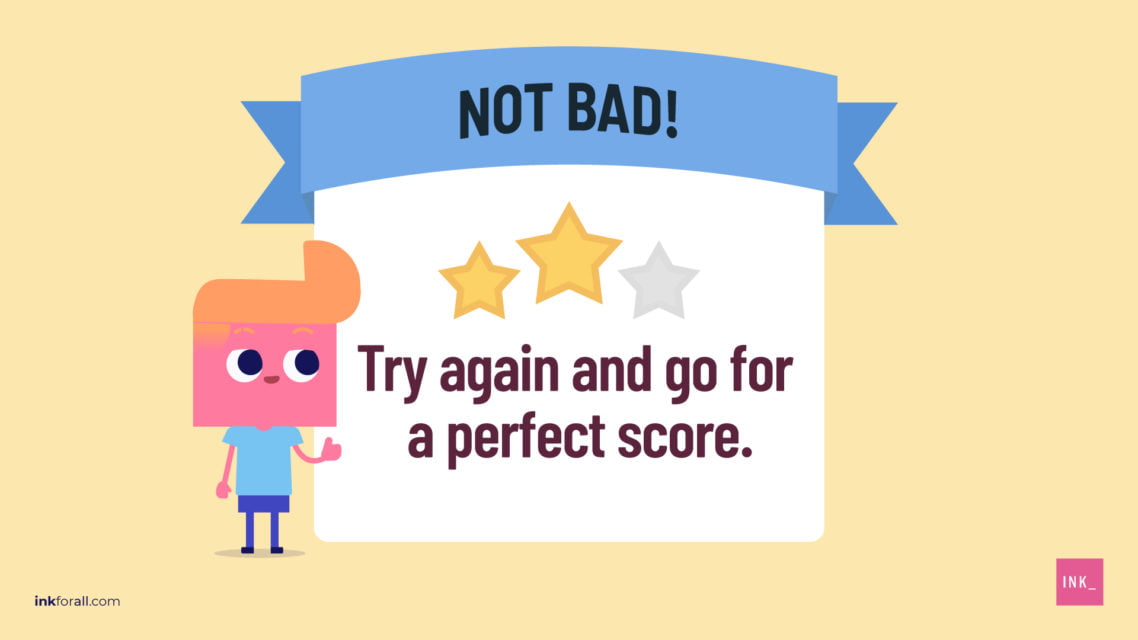

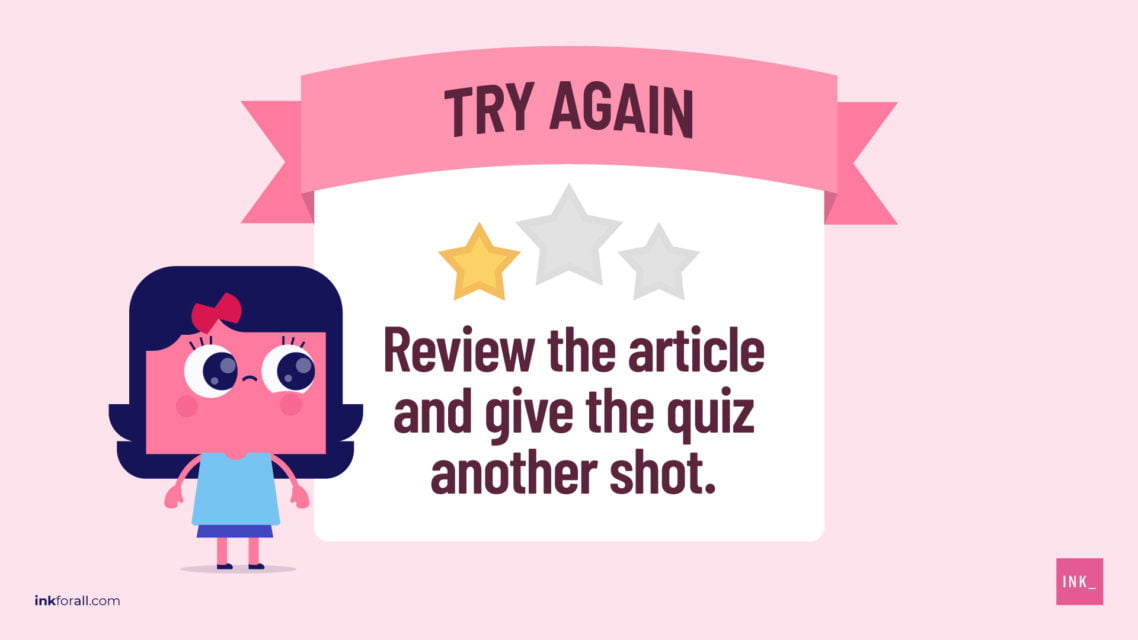


I loved your work ! 🙂
Thank you, Doha. Glad you enjoyed reading our post. Feel free to check our other articles and let us know if there’s anything else that we can do to make them better. Have a great day!
Lovely examples and explanation.
Thank you, Manshi!